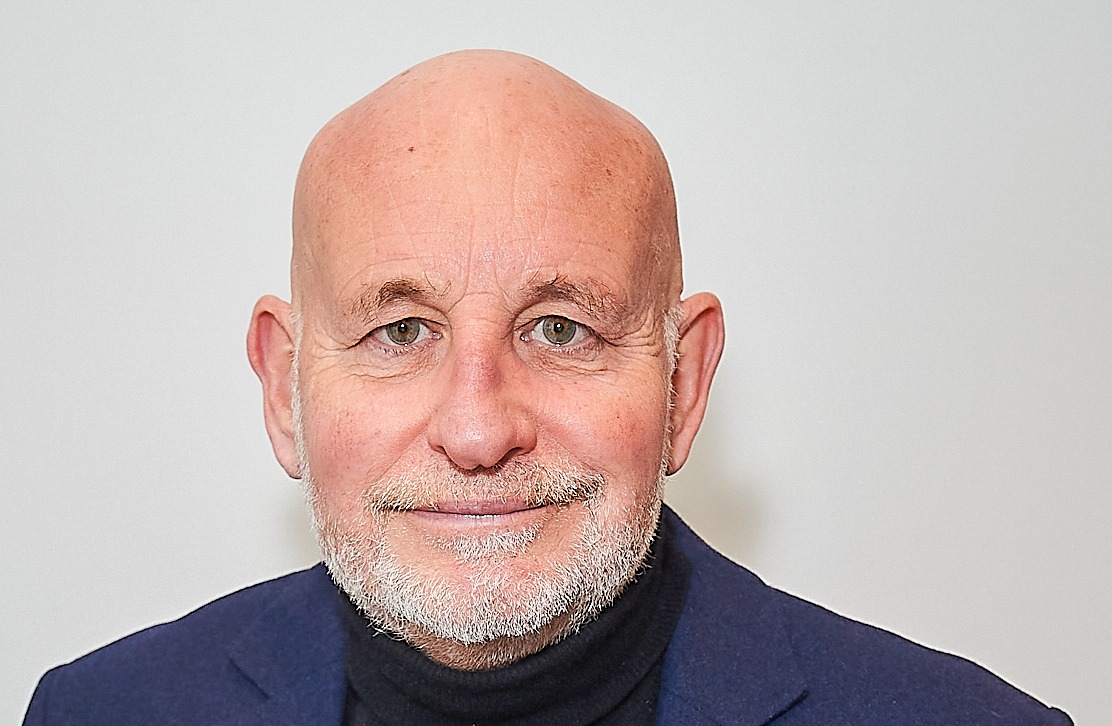
Thank you, Steve Double!
After a distinguished career that spanned Fleet Street and senior communications roles at British Airways, Cable and Wireless and the Football Association, the time has sadly come for one of Alders longest serving and most respected consultants, Steve Double, to retire.
Everyone at Alder will miss his reassuring presence, unparalleled expertise and dedication to achieving the best outcomes for clients. Steves steady guidance has helped clients through media minefields from Newsnight reports to major Sunday Times investigations.
Before he turns the page to his next chapter, we couldnt let him go without asking him to share some of his wisdom and insights that have defined his illustrious career:
Looking back on your career, what one crisis are you most proud of managing, and why?
At 5am on December 29, 2000, a mentally ill passenger stormed the cockpit of a British Airways jumbo jet over Kenya, causing it to plunge thousands of feet within seconds as he wrestled with the pilots. It was the closest BA has come to a crash in its modern history. I was in charge of the BA press office and was alerted by our on-call press officer half an hour later (it was a house rule to have your phone on your bedside table while you slept). Despite the dreadful timing, we had a fully staffed office by 8am, hours before the story broke. It gave us vital time to establish the facts and form a narrative about how the crew had saved the day. The next days front pages were about the hero pilots, rather than damaging security breaches. It underlined the importance of proper planning, preparation and a well-trained team dedicated to the cause.
How has crisis management evolved since you first started, and what key lessons have you learned along the way?
The changes in the media landscape have been seismic, mainly due to the rise of social media and the demise of the traditional print media. Having said that, the fundamentals remain. Experience teaches you when and how to react, and, just as importantly, when not to react. Reputations can be harmed as easily by saying too much as too little.
How have you personally coped with the immensely high-pressure situations that you have handled over the years?
Ive always found going for a run gives me clarity of thought and has provided some of my best problem-solving moments.
If you hadnt been a communications guru, what career would you have pursued instead?
Well, I was a journalist for the first 17 years of my career, so the last 30 years or so in communications have been Part Two of my career. As a teenager, a family friend once tried to convince me to apply for a lab job to the National Institute for Research in Dairying. I think I made the right choice. The cows would probably agree.
Do you have any communications heroes or role models?
Firstly, the late (Lord) Tim Bell. You could go to him with the knottiest of problems and after a moments contemplation, hed deliver a solution so simple youd kick yourself for not having thought of it. Secondly, the former British Airways chief executive Sir Rod Eddington. He fully grasped that the CEO of a big business also must be communicator-in-chief. Although a qualified nuclear physicist, he also understood the power of simplicity he was the only executive who ever sent back one of my draft statements or press releases shorter than the original!
What are the biggest misconceptions people have about crisis management?
That its all about spin. No one every enhanced their reputation by being untruthful.
What mistakes do you see organisations making repeatedly when responding to crises?
Firstly, responding too slowly (or not at all) in an age when a 24/7 media stops for no one. Secondly, failing to get an outside perspective or second opinion. Those closest to a problem are seldom best placed to solve it.
If you could give one piece of advice to the next generation of crisis communications professionals, what would it be?
Study which crisis responses work well, and which dont you can never stop learning.


